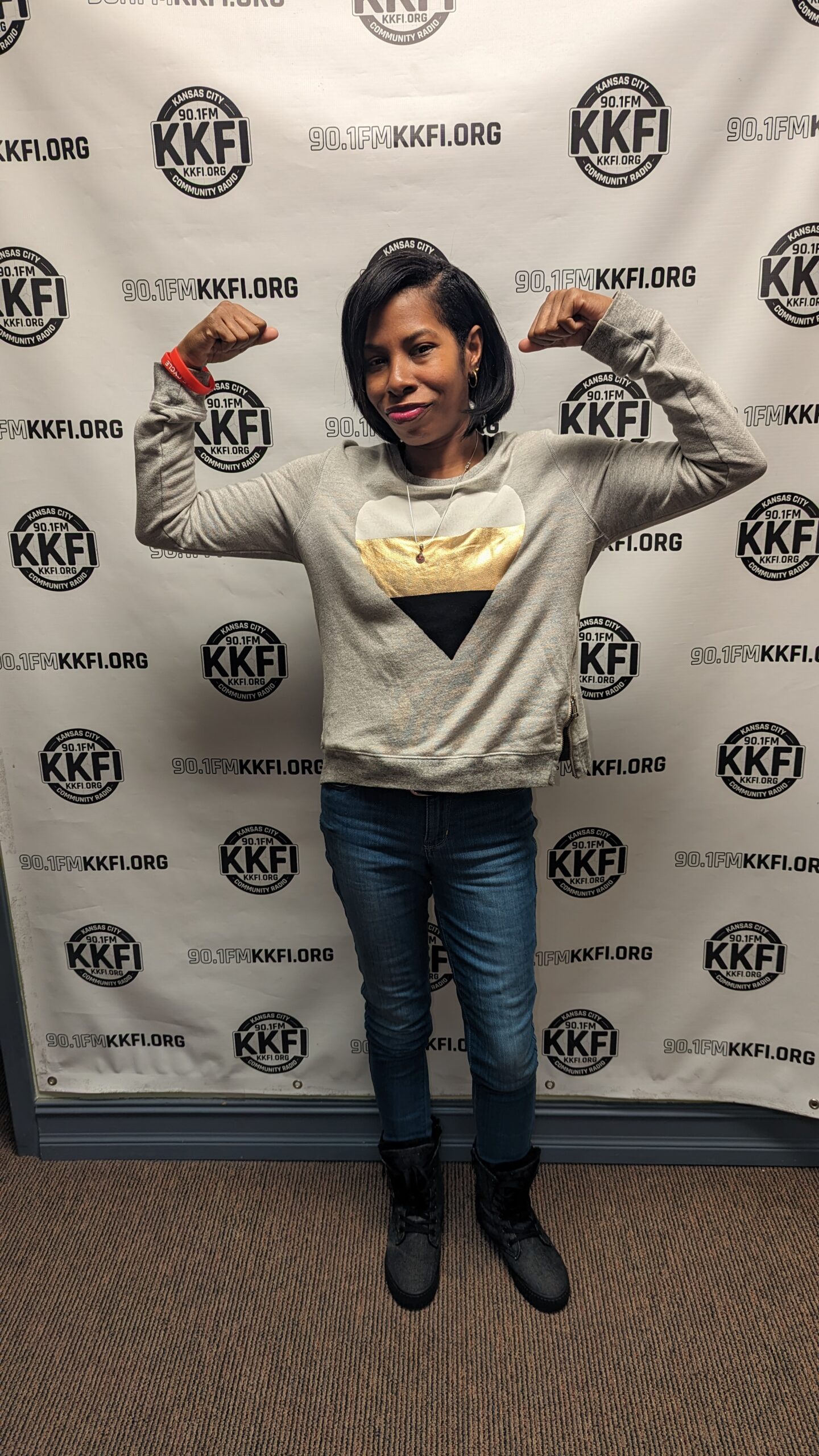Written by: Halimat Olaniyan
Jemela Williams discusses how sickle cell affects her more than just physically. She discusses the impact of mental health as someone living with sickle cell disease, and how she manages its complications.
To those living with sickle cell disease, we know that our pain is very real, despite whether the rest of the world can see or believe it. But what about other invisible types of burdens that come with chronic pain or going through life in a world that can be so cruel and unfair? The ones that do not get as much attention as the physical pain, like the fatigue or emotional distress sickle cell disease can cause.
Like any sickle cell warrior, Jemela Williams has dealt with a lot of pain in her life, both physically and mentally. Jemela – Sickle Cell MidWest board member, National Pain Advocacy Center Community Leadership Council board member, and Social Media Strategist for Diverse Health Hub – knows all too well about the other invisible burdens of chronic pain. She just celebrated her 42nd birthday on April 4th – talk about sickle cell strong! Yet, she still believes she has a lot of learning and growing to do. She even describes herself as shy, which you would never believe after looking at her incredible social media and sickle cell advocacy involvement.
Mental Health
Living with sickle cell disease is already enough, but Jemela is also diagnosed with depression. She shares openly about having hard days when she’s crying, too sad to take her medicine, or even getting out of bed.
“I think a lot of us in the sickle cell community are grieving… I have lost people… [and] I am still processing my grief.”
She shares how important it is to take care of your health, see your doctor, and talk to someone when you need help. Her biggest advice to sickle cell warriors and anyone struggling with their mental health is to talk to someone.
“I think we all need someone to talk to… for me, that’s my sickle cell community.”
Self-care
When sharing coping mechanisms, Jemela emphasizes the two most important things for her own well-being – her sickle cell community and prioritizing sleep. She leans heavily on her sickle cell network by using resources such as Cayenne Health and her Be the Spark network. She also feels lucky knowing she can turn to her longtime best friend.
When all else fails, sleep is always there – to rest and recover from the fatigue that Jemela and many other sickle cell warriors struggle with. “I need lots of sleep… it’s part of my self-care routine.” I think a lot of sickle cell warriors can relate to needing a little more sleep than most. It gives our body time to replete its blood supply and our mind time to lessen the worries and stress.
If you are someone you know who struggles with mental health, know that you’re not alone. Asking for help and letting someone know you’re not okay are two very brave and powerful first steps.
Follow Jemela at:
Twitter: @Memej99
Instagram: @Memej.99
Facebook: Melo Jae
